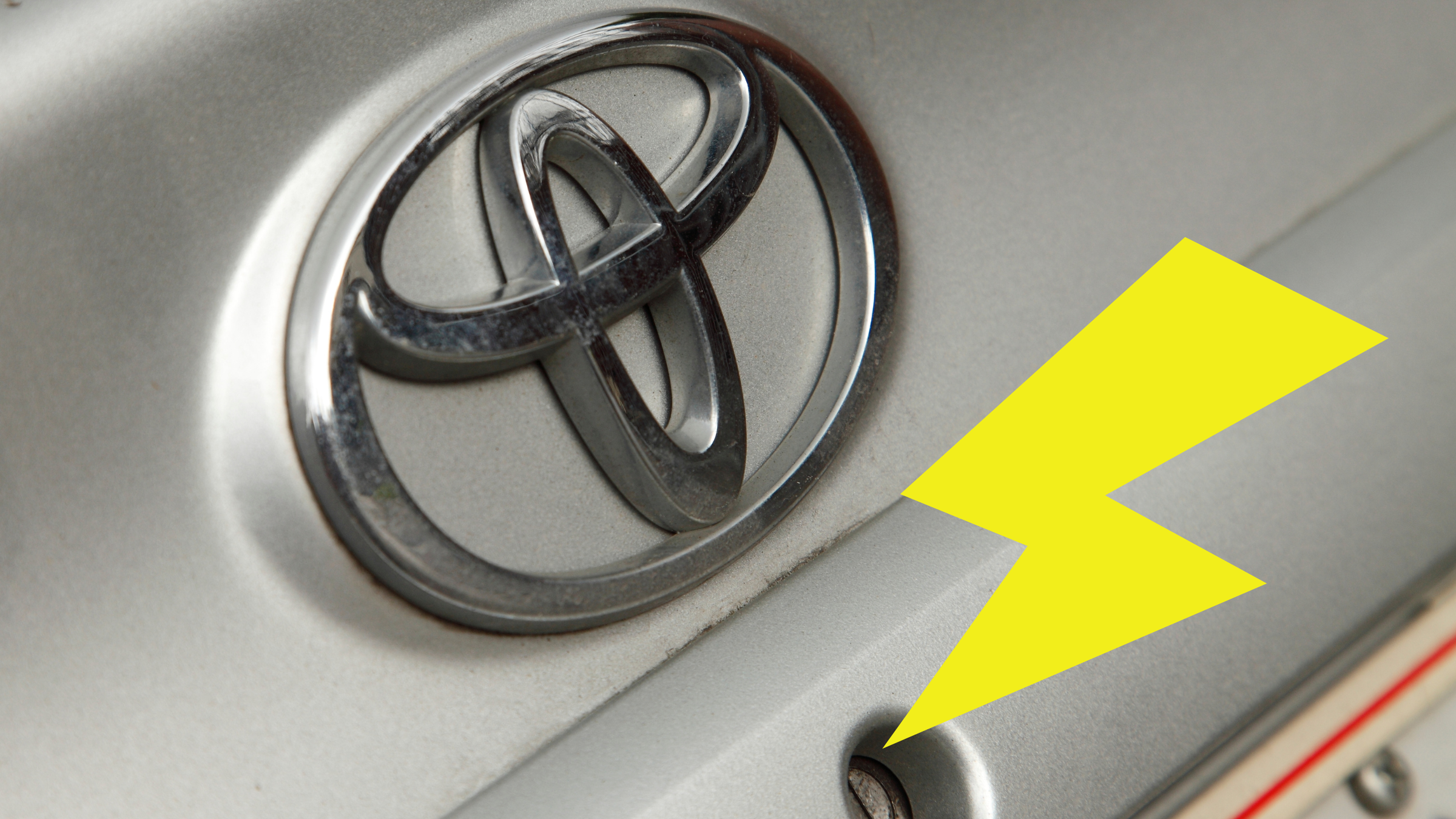Flying Cars: Are They on the Horizon?
🛫 Flying Cars: Are They on the Horizon?
The long-awaited era of flying cars may become a reality by 2025 as Tavistock Development Company plans to launch its first flying car service in central Florida. The facility called the Lilium Lake Nona Vertiport, will be built in partnership with German aerospace company Lilium. The region's central location allows for connectivity to major cities like Orlando, Tampa, and potentially St. Petersburg. The all-electric vertical take-off and landing (eVTOL) aircraft will fly from dedicated vertiports, eliminating the need for runways and reducing air pollution. While the service aims to provide a high-speed transportation option, it will initially serve a limited number of planes and is not intended as a mass transit alternative. The Lilium Jet has received the necessary certification for global operations by the Federal Aviation Administration (FAA). Similar projects are also underway in Australia, where regulators are reshaping airspace regulations to accommodate flying taxis utilizing eVTOL technology. Investment firms have recognized the potential of the market, anticipating significant payoffs once these innovative transportation systems become operational.
The United Auto Workers (UAW) union has threatened to initiate more strikes at General Motors, Ford, and Stellantis plants if substantial progress is not made in negotiations by noon ET on Friday, according to UAW President Shawn Fain.
The United Auto Workers (UAW) union has initiated strikes at three major automotive plants owned by General Motors (GM), Ford, and Stellantis after failing to reach a new labor agreement on Thursday night.
A strike by the United Auto Workers (UAW) union against Detroit's major automakers, including General Motors, Ford, and Stellantis, could force politicians, including President Joe Biden, to take a stance on organized labor.
According to a survey by Capgemini, automotive original equipment manufacturers (OEMs) are increasingly confident in addressing future supply chain disruptions.
The United Auto Workers (UAW) union is prepared to strike against Detroit automakers, including General Motors, Stellantis, and Ford, if new agreements aren't reached as contracts expire.
A new study reveals that many major car manufacturers admit to selling personal information collected from their vehicles, with vague information about the buyers.
German automaker BMW has raised its outlook but anticipates challenges ahead related to its supply chain, electrification trends, and inflation
United Auto Workers (UAW) President Shawn Fain is leading the union with a new, politically savvy strategy in contract negotiations with Detroit automakers.
General Motors (GM) has revealed its plan to invest $632 million in an Indiana plant for the production of the next generation of full-size pickup trucks.
Rolls-Royce Holdings Plc acknowledges that supply chain disruptions remain a significant operational challenge, echoing concerns expressed by other manufacturers such as Airbus and Boeing.
Hyundai Motor Company is making significant investments in research and development, new plants, and expanding its electric vehicle (EV) lines and production capacity, with the aim of becoming one of the top three global EV manufacturers by 2030.
Tesla has increased the prices of its Model 3 and Model Y cars in key markets, including the US and China.
Chinese truck manufacturer, Beiqi Foton Motor, is planning to build a second plant in Mexico to produce electric vehicles with plans to export them to the US.
Chinese electric vehicle brands like BYD Auto, NIO, Geely Group’s Zeekr, and Ora are expanding globally and competing with Western and Japanese brands in their home markets.
A Southeast Toyota distributor has signed a lease agreement with Jaxport's 88-acre facility in Florida.
Tesla Inc. has announced that it will build a new factory in Shanghai to create a new megapack battery, which will increase tensions between Beijing and Washington.
Meant to be spread out over five years, the plan to invest nearly $200 billion in the electrification transition comes on the heels of a 13% increase in operating profit year-over-year.
This partnership will expand the automaker’s growing electric vehicle supply chain network with an exclusive contract.
Virginia Governor Glenn Youngkin is speaking out after withdrawing his state from consideration for the highly-anticipated electric-vehicle battery plant as a joint venture between Ford Motor Co. and Contemporary Amperex Technology Co. Ltd. (CATL).
Better start saving up even more for that new pick-up truck.
The world’s largest automaker, Toyota, isn’t buying all-in into the electric vehicle push.
Volkswagen is making moves.
Lithium and nickel are the prime ingredients for an electric vehicle’s battery and Canada has the goods.
Own a Tesla? You might be having a difficult time obtaining parts for repairs.
For the third consecutive month, sales of brand-new Class 8 trucks have remained strong, surpassing the 20,000 unit threshold.
Kiss your job, goodbye… If you’re working at Ford Motor.
General Motors Co. and Ford Motor Co. are working overtime to secure deals for key materials needed to develop batteries for electric cars.
Global car manufacturers are nervously watching as Jeep shuts its doors to its China plant.
One of the world’s largest producers of the highly sought-after material is Ganfeng Lithium Co., a Chinese company that is now partnering with an entity to explore the possibility of developing lithium, nickel, and other critical metals in Xinjiang.































General Motors (GM) President Mark Reuss has criticized the United Auto Workers (UAW) union for its rhetoric and the spread of "misinformation" during ongoing contract negotiations, as the UAW enters day six of targeted strikes against Detroit automakers.